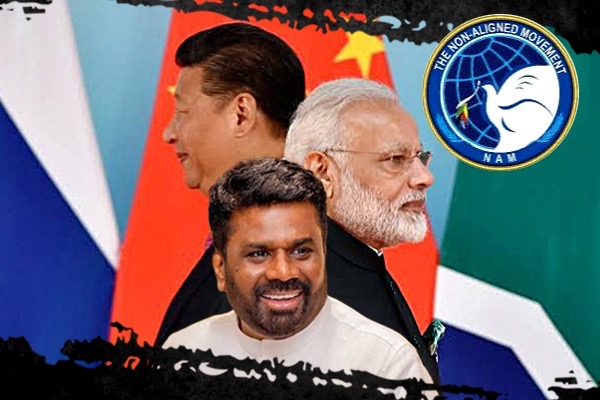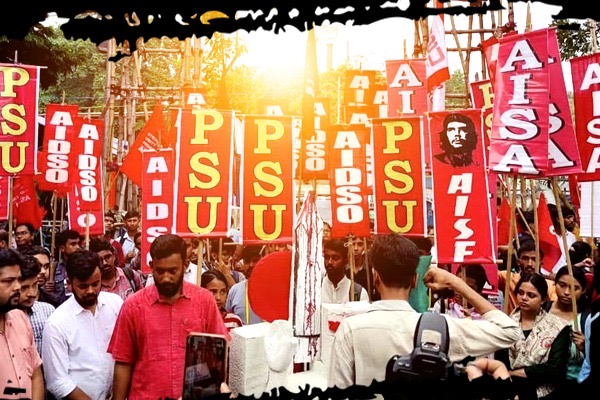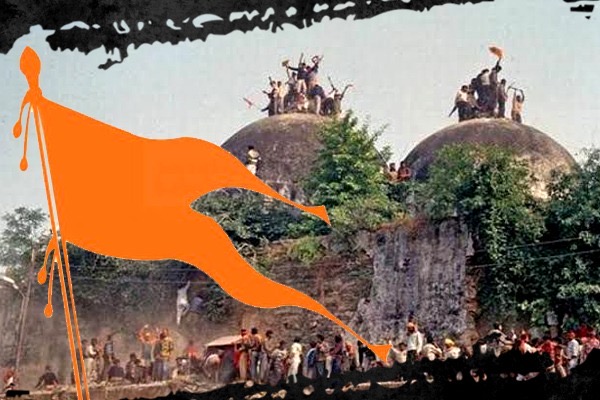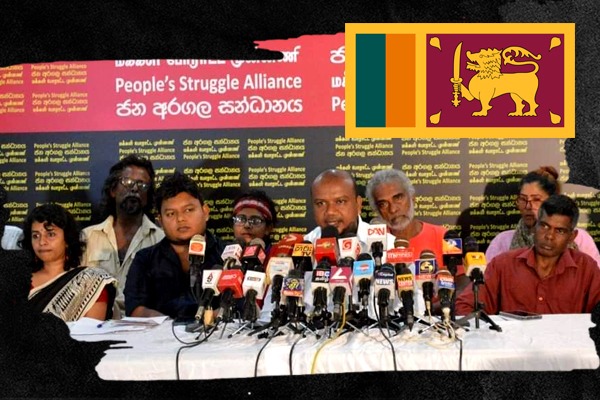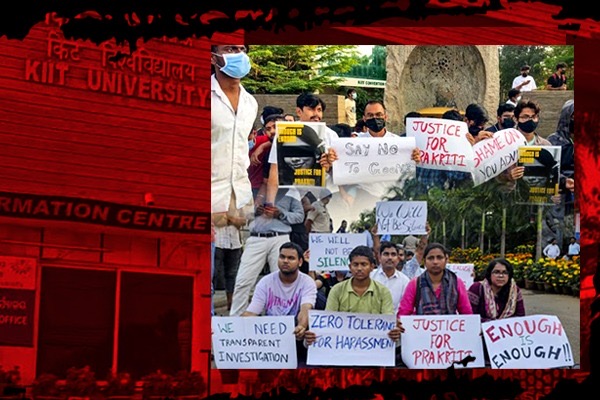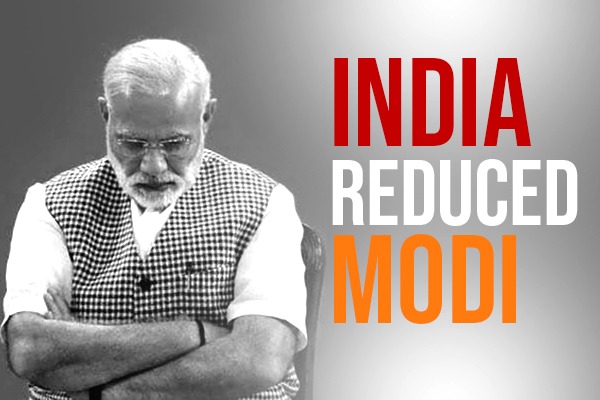It has been four months since Anura Kumara Dissanayake, widely known as AKD, assumed the Presidency. In the last parliamentary elections, The JVP-led National People’s Power (NPP) has established itself in office with a solid majority. As AKD acclimates to his position, he has been working tirelessly to grasp the complexities of state affairs and the larger political environment in which he operates.
In a previous article for The Hammer, titled Historical Background of JVP and Future Course of Sri Lanka Under Its Leadership, I explored the challenges and opportunities that lie ahead for AKD as he leads Sri Lanka. For a long time, the JVP has regarded India as an outside force interfering in its domestic affairs. However, the situation has changed significantly, starting with AKD’s visit to New Delhi as an opposition leader several months before his election. This transformation continued with his recent trip, which was his first international visit to India after taking office. During this visit, he assured Indian officials that his territory would not be used for any actions that could threaten India’s security interests.
At the same time, he’s balancing his equations with Beijing. His recent visit to China from 14 -17 January succeeded in achieving the perks of $3.7 billion FDI for Sri Lanka’s state-of-the-art oil refinery at Hambantota. The refinery is planned adjacent to the Hambantota port that China Merchant Port Holdings controls, on a 99-year lease. This shows the new priorities of the government. Instead of sustaining on loans, attracting Investment is prioritised.
Merely three days after the conclusion of AKD’s China tour, he told in a public meeting to have suggested New Delhi build a joint venture oil refinery with the ambition of exporting fuel to the world. According to him, discussions are underway. The Trincomalee Oil Farm, located on the northeastern coast of Sri Lanka, holds significant strategic, economic, and geopolitical importance for India.
Sri Lanka, at this point, can be seen adhering to an independent foreign policy keeping its interest beforehand and getting allies across the world, an expected move. It’s essential to note that Sri Lanka has formally given an application to join the BRICS.
AKD’s magic wand is to be tested
Despite New Delhi’s and Beijing’s openness to business with the new government of Sri Lanka, AKD will have to be very cautious. For India, having a healthy relationship between the two is essential to contain the growing influence of China in the Indian Sub-Continent. As for China, the island nation is a significant link to the ambitious Belt and Road Initiative. Recently India has shown its concern over the Chinese vessel in the waters as spy ships, earlier these vessels were banned. As the relationship between India and China has been fragile, many more such issues will keep on rising which have to be dealt with. AKD has made it clear, that under his leadership, Sri Lanka adheres to a non-aligned foreign policy and is unwilling to take a side as far as India and China are concerned. This doesn’t make his task less difficult but more delicate.
AKD is clever enough, rising from the grassroots and becoming the president of Sri Lanka, riding the tide of Aragalaya Movements in the times of Sri Lanka’s worst economic and political crisis, he knew despite JVP, his party’s radical approaches, his native conditions would put him on a pragmatic path with an independent foreign policy. Days after assuming office, Sri Lankan Government stated to be committed towards the IMF Bail-out package but is ready to negotiate terms. In the era of finance capitalism, no developing country is spared from external debts. Overcoming the obstacles, how a radical Marxist party like JVP in the office would handle a fragile economy while protecting the interest of the working class is to be watched.

